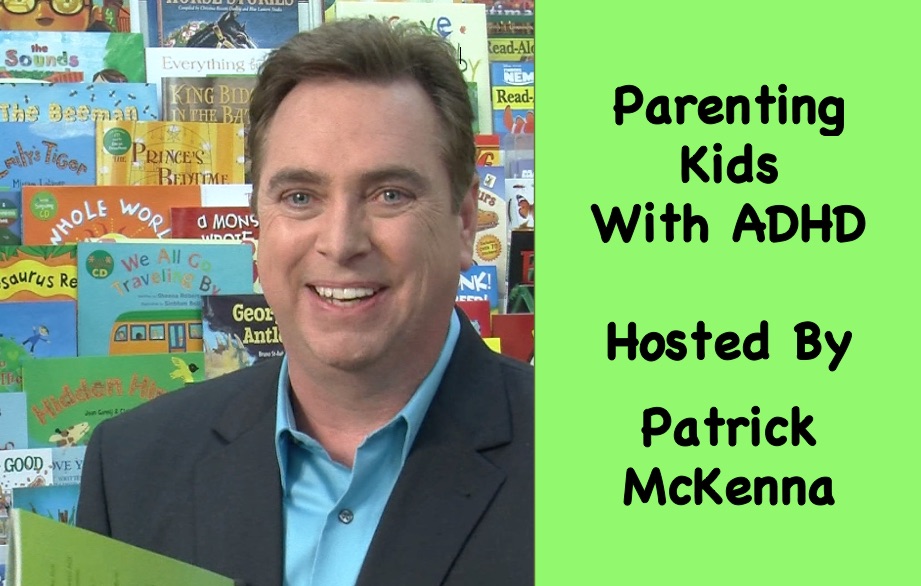
Finding out your child has ADHD can be a scary moment for parents. Not only do parents have to worry that their child will struggle in school, adjust socially and maintain stable relationships, but now there is increasing evidence that ADHD can lead to struggles with addiction.
According to the American Academy of Pediatrics, “Children and adolescents with ADHD are more likely to misuse alcohol, tobacco, and other illicit substances compared with children without ADHD.” A study cited in this article states that children with ADHD are more than 2.5 times more likely to develop a substance abuse disorder overall.
Children and adolescents with ADHD have higher rates of grade retention and school dropout than those without ADHD. These academic failures may increase an individual’s likelihood to use drugs as a means to escape anxiety about school
What can a parent with an ADHD child do to avoid the path of addiction?
While ADHD often runs in families, not surprisingly so does addiction. I am the mom of three ADHD teenagers – one of which is a recovering addict. And I also have ADHD. Here are some of the things that I have learned in my journey.

Focus on the Positive
While it is easy to get caught up in the negative attributes of ADHD, there are many positive traits and talents that may come with the ADHD package. I call these attributes ADHD Superpowers. For example, many people with ADHD have a creative talent or spark. There is no shortage of music and art in my house.
Encourage your child to pursue a creative interest such as music, art or writing. They may find they have a unique talent that will help build their confidence and successes.
Teach Coping Skills
Normal life can often seem boring for the person with ADHD. Real life doesn’t always move at the same fast pace of our brains. Drugs and alcohol can slow down the brain and the noise in our minds.
Educate on the heightened risks substance use issues when there is underlying ADHD. Make your children aware that it is ok to be bored and that drugs and alcohol are not the answer. And always encourage and investigate other outlets such as exercise.

Avoid things that make it worse
Any parent can tell you that a tired or hungry child is more likely to act out. The same principle holds true for the ADHD child, but they are often less able to regulate their reactions in a tired or hungry state. Sleep and good nutrition are important for all of us – but especially for the ADHD child or adult.
Medicate as Necessary
ADHD medication can help increase attention and offset some of the negative effects of ADHD. Medication can help your child feel more in control and do better in school – all of which are important components to building their confidence and overall happiness. Investigate the benefits and side effects of prescription solutions with your child and medical professional.
However, be aware that ADHD stimulant drugs can be abused and commonly misused. Short-acting stimulant drugs include Adderall, Focalin and Ritalin. In my son’s high school, there was always a child that was either selling or trading their stimulant ADHD medication to other students.
There are also non-stimulant ADHD medication options. Studies have shown these to be less effective in handling some ADHD symptoms, but they do not have the same risk of misuse as the stimulant options. One option is Straterra (the ADHD medication of choice in my house).
The Road Ahead
As with most parenting issues, there is no simple answer that ensures your child with ADHD won’t struggle with addiction at some point in their life. The best advice I can give is to educate yourself and educate your child. And learn to enjoy the positive talents and creative spark in your child – enjoy their Superpowers!

About The Author
Kerry Troester is a freelance writer and mother of three teenage boys, who all have ADHD. She also manages training and development for a Fortune 500 company and has an MBA in Marketing from the Wharton School of Business.
Feature Video – Parenting Kids With ADHD




Leave A Comment
You must be logged in to post a comment.